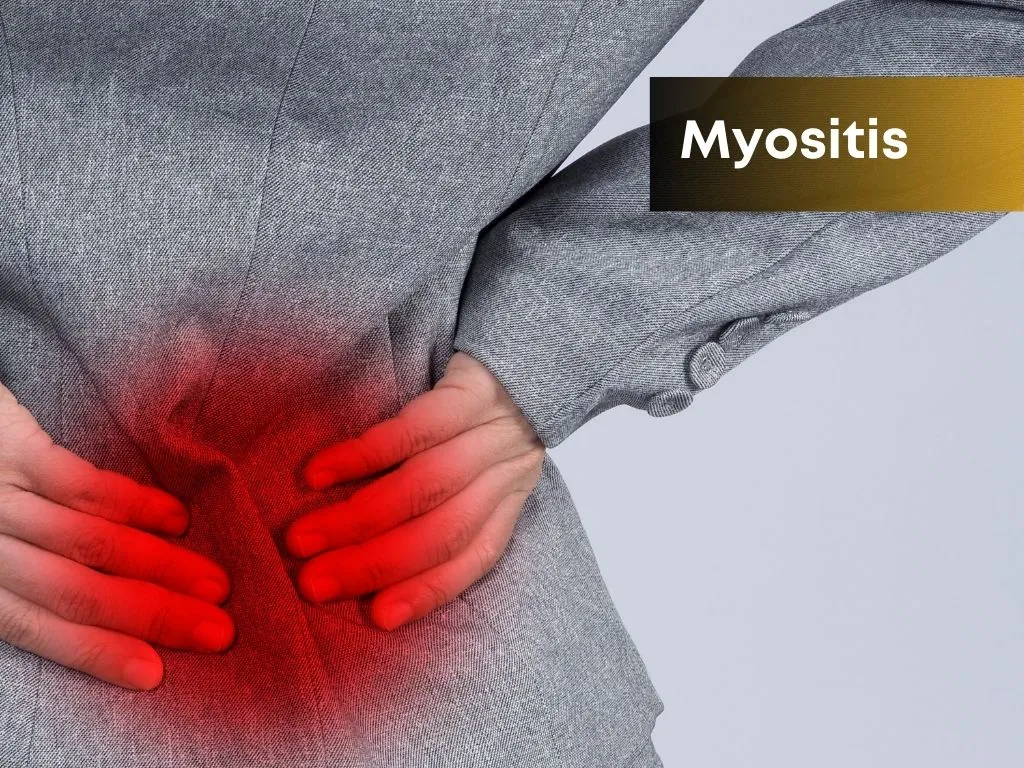Non Insulin Dependent Diabetes Melitus(Type 2) - NIDDM
-
 Nalamaree Team
Nalamaree Team
- 23 September 2025
Overview
NIDDM stands for Non-Insulin Dependent Diabetes Mellitus, which is also commonly known as Type 2 diabetes. This form of diabetes is characterized by insulin resistance, meaning that the body's cells do not respond effectively to insulin, a hormone produced by the pancreas that helps regulate blood sugar levels. As a result, glucose builds up in the bloodstream instead of being absorbed into cells for energy, leading to high blood sugar levels.
Causes
Symptoms
Treatment: Modern Medicine
Treatment: Traditional Medicine
Dietary Modifications:
Supplements:
Caution
Prevention
Physical Activity:
Weight Management:





















.jpg.webp)
